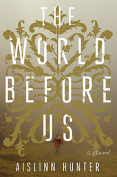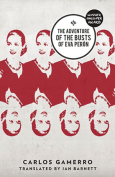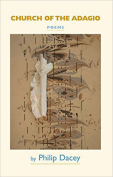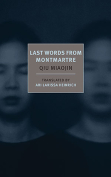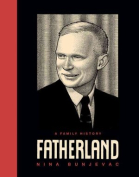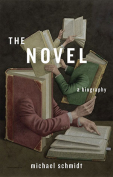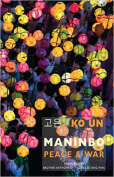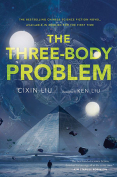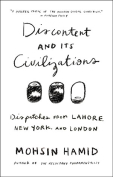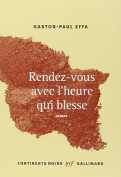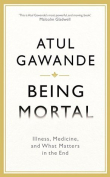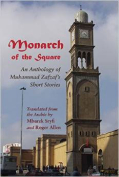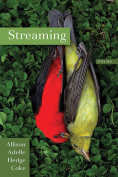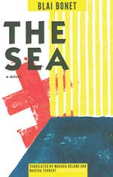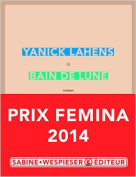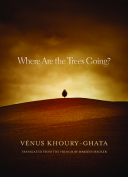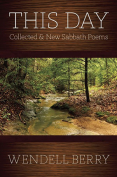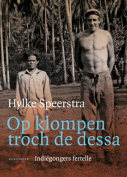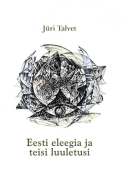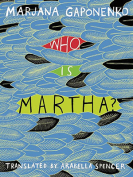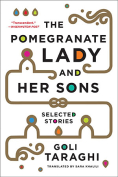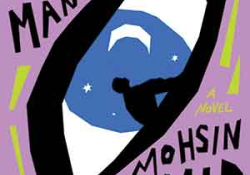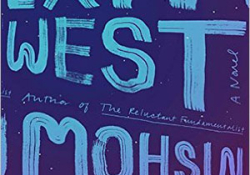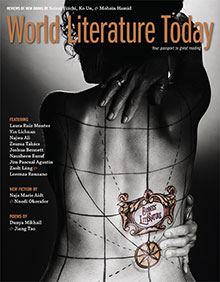Discontent and Its Civilizations: Dispatches from Lahore, New York, and London by Mohsin Hamid
New York. Riverhead Books / Penguin. 2015. ISBN 9781594633652
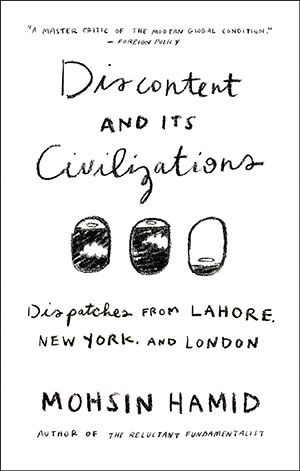 Mohsin Hamid, novelist and essayist, has lived in Pakistan, England, and the United States, cultivating a tension over identity that pervades his essay collection Discontent and Its Civilizations. The collection’s essays span from 2000—pulsing on the cusp of the attacks of 9/11—to 2014, offering the perspective of a new father who has returned to Pakistan to raise his daughter.
Mohsin Hamid, novelist and essayist, has lived in Pakistan, England, and the United States, cultivating a tension over identity that pervades his essay collection Discontent and Its Civilizations. The collection’s essays span from 2000—pulsing on the cusp of the attacks of 9/11—to 2014, offering the perspective of a new father who has returned to Pakistan to raise his daughter.
The book’s sections—“Life,” “Art,” and “Politics”—offer succinct, previously published essays, which Hamid uses to express his urgent concern for the world. The most recent essays focus on Pakistan, where his daughter will grow and learn. In the title essay, Hamid discusses covering her window with blast-resistant film; he worries that his desire to protect her “will dim my daughter’s view” of a favorite “yellow-blooming amaltas tree.” The desire to protect without sheltering permeates the collection, for Hamid loves and is repelled by much of what he sees happening in life, art, and politics over the course of the first decade of the new millennium.
Choosing along with his partner to return to Pakistan to participate in that country’s reimagining, Hamid summarizes in “Personal and Political Intertwined” the experience of many of the essays: “Things in the country around me these past few years have been mixed. Much is horrible, much is beautiful, and much is in between.” His ability to see all sides of the story makes reading the essays feel like having a conversation with a partner, a person who wants to convince the reader there is much at stake, that a world needs literature even more when there are drones flying overhead, that one needs to look at the majestic tree through a window shadowed by blast-resistant film.
Hamid admits in “My Foreign Correspondence” that he is inventing himself, his argument, and his understanding of nationhood as he goes along. He lays bare his complicated quest for identity—in religion, nationality, even parental status—to convey the necessity for change resulting in global stability. He lives in a country tensed with the threat of violence: “America’s 9/11 has given way to Pakistan’s 24/7/365.” His hope for Pakistan, the world, and his daughter in the face of terrible events is the nerve center of this fine collection.
Colleen Lutz Clemens
Kutztown University
